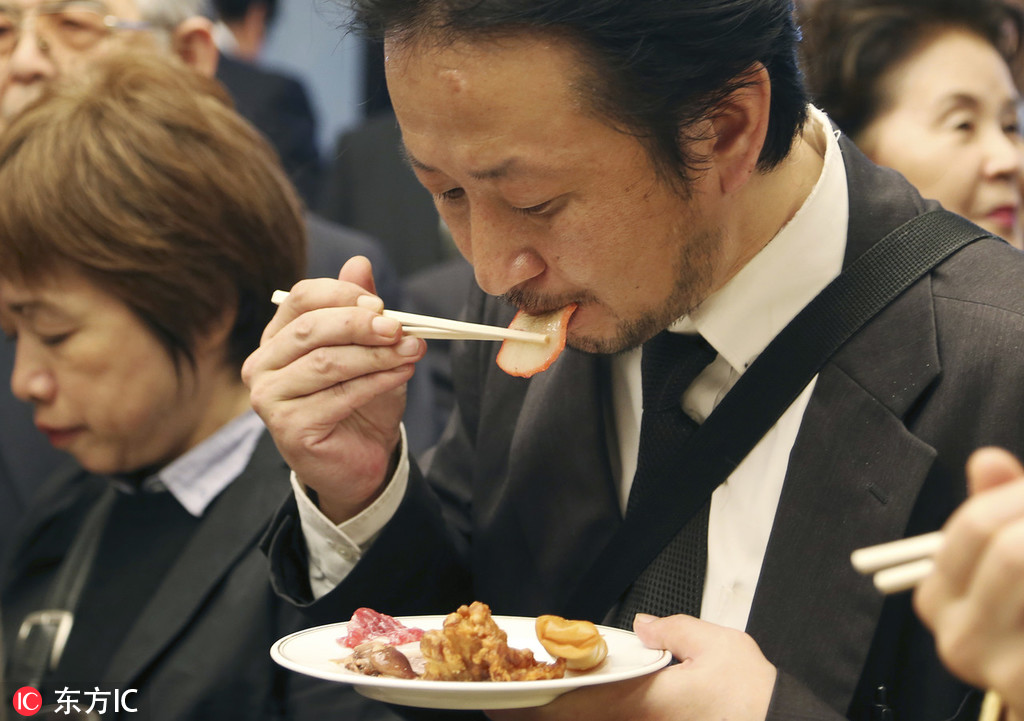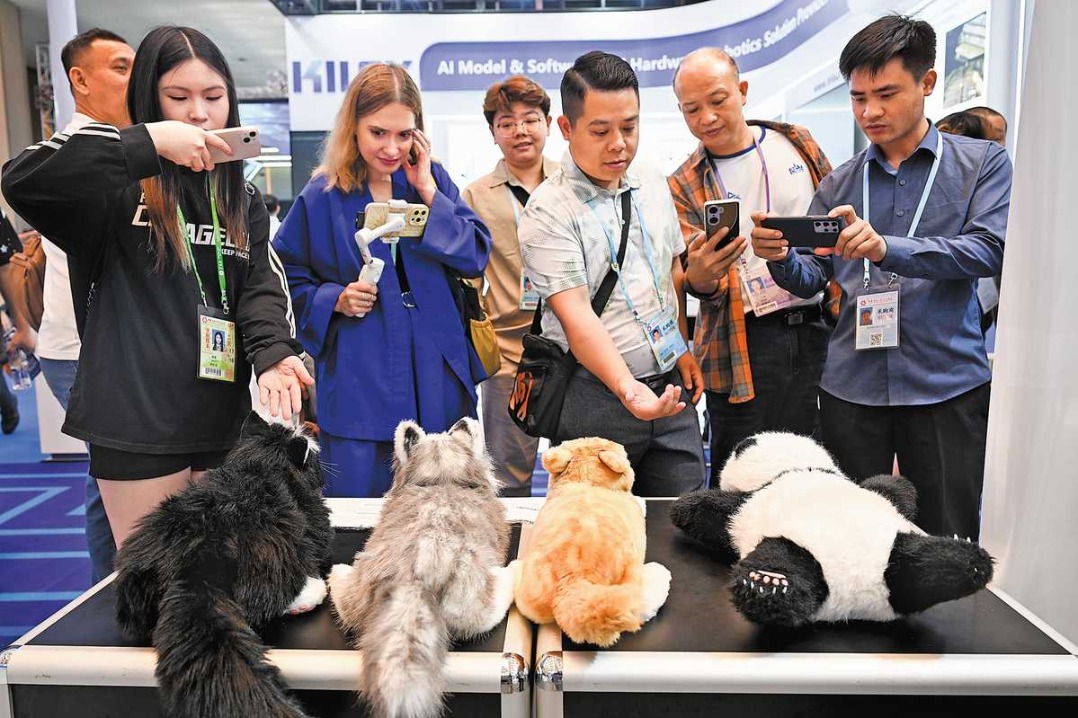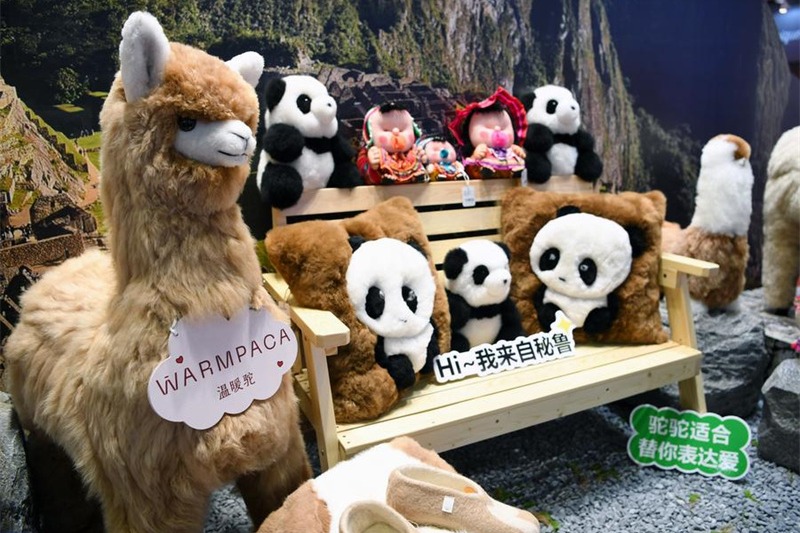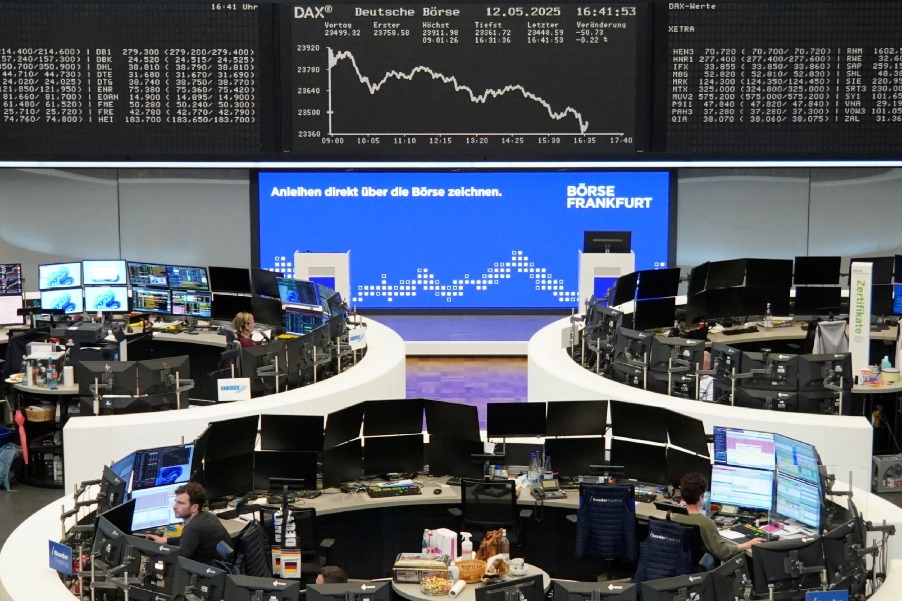Japan announces withdrawal from IWC in 2019


Japan suspended its hunt for one season to re-tool its whaling program with measures such as cutting the number of whales and species targeted, but resumed hunting in the 2015-2016 season. It caps its Antarctic catch with a quota of 333 whales annually.
Japan has long maintained that most whale species are not endangered and that eating whale is part of its culture. It began scientific whaling in 1987, a year after an international whaling moratorium began.
The meat ends up on store shelves, even though most Japanese no longer eat it. Whale consumption accounted for 0.1 percent of all Japanese meat consumption, according to the Asahi newspaper.
Japanese media said that Japan could no longer take advantage of the IWC exemption for scientific whaling if it withdrew from the group because the United Nations Convention on the Law of the Seas requires its signatories, including Japan, to work through "the appropriate international organizations" for marine mammal conservation.
Japan has also continued to hunt smaller species of whales that are not covered by the IWC in its coastal waters.
































